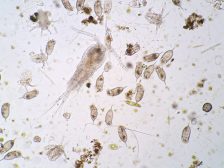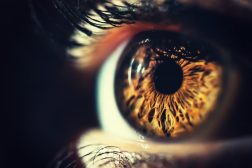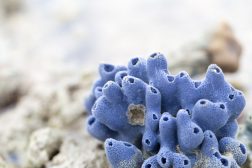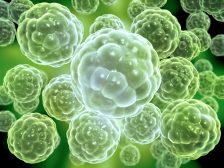Definition
noun, plural: electroporations
A non-chemical method that transfers the genetic material into the recipient cell through an electrical field that increases cell membrane permeability
Supplement
Electroporation is a useful molecular biology technique that enables transformation of bacteria and yeasts, and transfection of tissue culture cells (e.g. mammalian cells) through non-chemical means. It uses short pulses of an intense electric field to cells. The electrical field increases the permeability of the cell membrane. As a result, chemicals such as drugs and genetic material can pass through the otherwise impermeable cell membrane. Electroporation is a preferred method to introduce foreign genes to target cells because its convenience and efficacy. 1
The term electroporation comes from the fact that subjecting the cell membrane to high-voltage electric shocks leads to the formation of pores. These pores are sufficiently large to permit the passage of macromolecules into and out of the cell. The pores will eventually close by a natural decay process that is delayed at 0°C.
Synonym(s):
- electropermeabilization
See also:
Reference(s):
1Neumann, E; Schaefer-Ridder, M; Wang, Y; Hofschneider, PH (1982). “Gene transfer into mouse lyoma cells by electroporation in high electric fields”. The EMBO Journal 1 (7): 841–5. PMC 553119.
2Potter, H., & Heller, R. (2003). Transfection by Electroporation. Current Protocols in Molecular Biology / Edited by Frederick M. Ausubel … et Al.,CHAPTER, Unit–9.3. doi:10.1002/0471142727.mb0903s62







